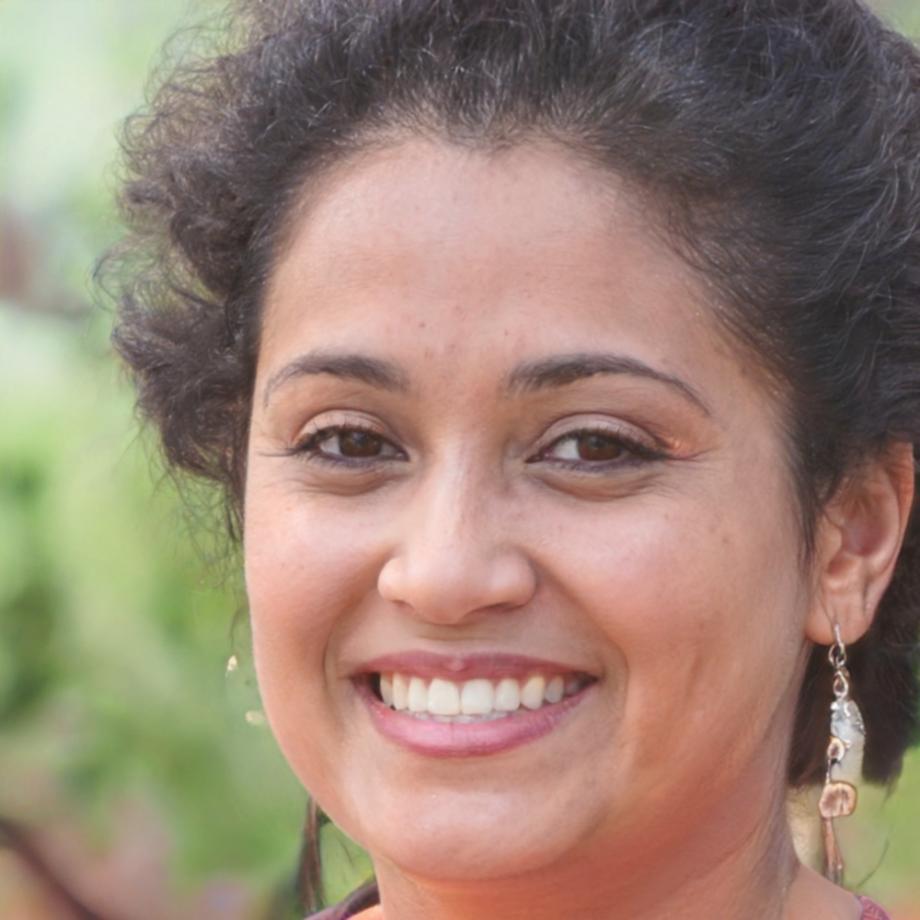Money Management Skills That Actually Stick
Most financial education talks at you for hours, then sends you on your way. We found that doesn't work. People need practice, real scenarios, and someone to ask when things get confusing.
Our program runs from September through November 2025 across twelve Tuesday evenings at the Mount Druitt Community Hub. You'll work through actual budget scenarios—not theoretical ones—and build confidence with your money decisions week by week.

Three Phases, Real Progress
We break things down so you're not overwhelmed. Each phase builds on what you learned before, and there's breathing room between sessions to actually try things at home.
Foundation (Weeks 1-4)
Track where your money goes without judgment. Learn the difference between needs and wants—it's trickier than it sounds. Set up a system that matches how you actually live, not some perfect ideal.
Building Stability (Weeks 5-8)
Start handling unexpected expenses without panic. We'll show you how to protect yourself from those surprise bills that throw everything off. And you'll figure out which debts to tackle first (hint: it's not always the biggest one).
Planning Ahead (Weeks 9-12)
Look beyond next payday. Set goals that matter to you—not what some finance guru says you should want. Learn when professional advice makes sense and how to spot the red flags when it doesn't.
Who You'll Learn From

Alden Whitlock
Lead FacilitatorSpent fifteen years in financial counselling before realizing most people need practical skills, not lecture-style advice. Alden designs the curriculum around real situations his clients faced—late bills, unexpected car repairs, that kind of thing. He's got three kids and understands the chaos of actual family budgets.

Briony Kershaw
Workshop CoordinatorBriony runs the interactive parts of each session. She worked in retail banking for years and knows exactly where people get stuck with their money management. Her approach is straightforward—no finance jargon, no making you feel bad about past decisions. Just clear explanations and patient support when you're confused.
Why Australian Households Need This Now
Current Financial Landscape
Groceries, utilities, and rent climbed 7.8% through 2024. More households report difficulty covering basics without credit support. The squeeze isn't easing anytime soon.
Average household debt reached new highs in early 2025. Credit card balances stay elevated month after month. Many families can't see a path to paying things down.
Less than 40% of Australians could cover three months of expenses from savings. One unexpected bill creates a domino effect. Financial resilience is becoming rare instead of normal.
What Skills Address These Challenges
Understanding where money disappears helps identify small adjustments that add up. You can't fix problems you haven't measured properly. Most people are surprised by their own spending patterns.
Not all debt needs tackling the same way. Prioritizing by interest rates and minimum payments creates breathing room. Small wins build momentum for bigger changes.
Even fifty dollars set aside monthly changes your options during emergencies. The goal isn't perfection—it's having choices when things go wrong. Progress happens gradually, then suddenly.